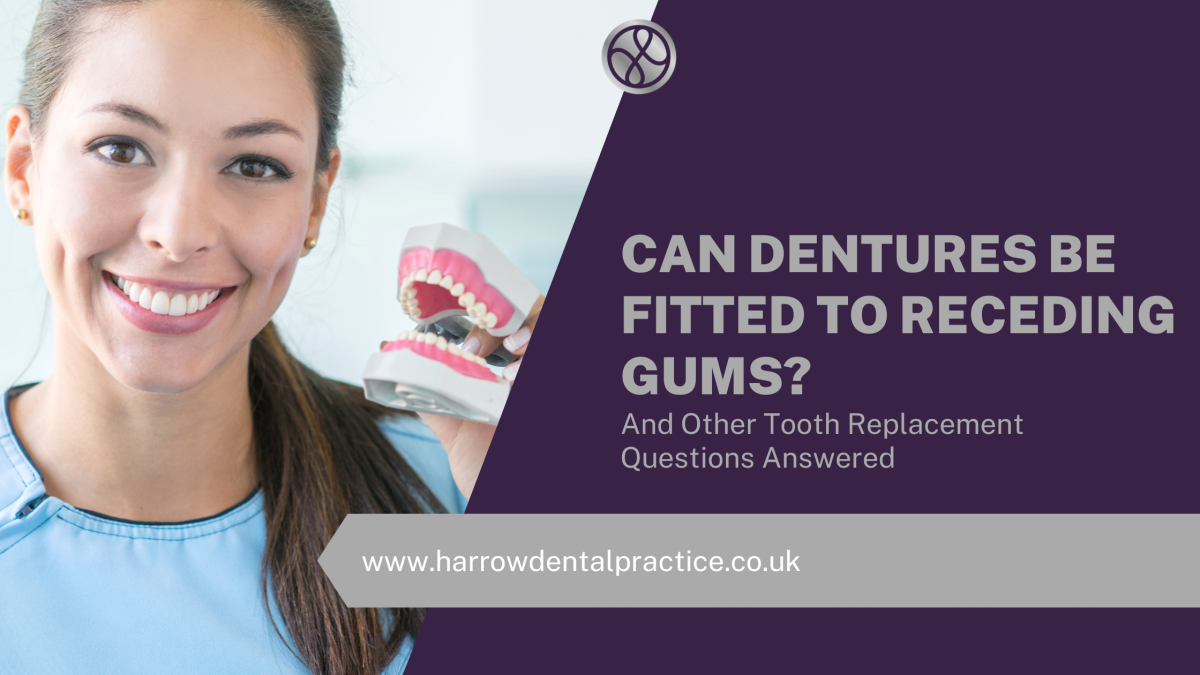Many people require orthodontic treatment to realign their teeth at some point in their lives. Thanks to modern dentistry, there are numerous orthodontic appliances available these days that one can choose from. So, if your dentist has just informed you that you need orthodontic treatment, you might be confused between the numerous available options. But don’t worry; this blog explains different orthodontic treatment options in detail so that you can make an informed decision regarding your treatment. So, continue reading to learn more about orthodontic appliances.
What Are The Benefits Of Orthodontic Braces?
Dental braces among the reliable and time-tested options for straightening crooked teeth. Despite their disadvantage of being uncomfortable and conspicuous, they do offer certain advantages. These include:
- Versatility – dental braces can be used to treat even the most complex orthodontic problems that are not treatable with other options.
- Cost-effective – dental braces are cost-effective compared to removable clear aligners.
- Simplicity – treatment with braces is relatively more straightforward and can be provided by all dentists, including general dentists.
What Are The Benefits Of Using Retainers Instead Of Braces?
When we compare retainers (clear aligners) with braces, it becomes evident that clear aligners offer several advantages.
- For example, clear aligners are inconspicuous. Hence, you can wear them to a meeting, interview, presentation, or even a date without worrying about them being visible or affecting your smile.
- Secondly, invisible aligners are made of flexible polymer, which makes them much more comfortable than traditional fixed braces. Clear aligners also allow you to eat all your favorite foods.
- Finally, clear aligners, being removable, allow you to maintain optimal oral health.
Can Wearing Braces Benefit Your Long-Term Dental Health?
The purpose of wearing braces is to align one’s teeth. This is done for various purposes. First, properly aligned teeth optimize one’s smile and facial aesthetics. Secondly, when teeth are aligned, they allow us to chew and digest our food properly, thereby helping in improving our physical health. Finally, optimally aligned teeth with braces allow one to maintain good oral hygiene. So, wearing braces can have a significant beneficial effect on one’s oral health and physical well-being.
What Are The Benefits Of Braces For Kids?
Dentists worldwide recommend that if a child needs orthodontic treatment, it should begin at an early age – as soon as all their permanent teeth have come out. This ensures that kids retain their pearly white smile and their teeth remain cavity-free. Furthermore, there are significantly lesser chances of gum disease when the teeth have been aligned at an early age. So, it is always beneficial to get children’s teeth straightened in their early years.
What Are The Long-Term Disadvantages Of Having Braces?
Like all other dental treatment options, dental braces have their merits and demerits. While we have already discussed the long-term benefits of braces on one’s oral health, there are certain long-term drawbacks of dental braces as well. These are:
- Tooth Decay – teeth cleaning becomes quite challenging with braces. This is because food particles tend to stick around the braces and are difficult to remove. This leads to plaque and tartar decay around the brackets, increasing the risk of tooth decay.
- Gum Disease – difficult cleaning around braces also increases the risk of gum disease significantly, if optimal oral hygiene is not maintained.
- Bad Breath – food impaction around dental brackets can lead to bad breath.
Will Ceramic Braces Give Me The Same Results As Metal Braces?
Ceramic braces have the same shape and design as metal braces. However, the only difference is that they are made of tooth-coloured ceramics. So essentially, ceramic braces will give the same results as traditional fixed metal braces. But, there are certain cases that may not be treatable with ceramic-based braces. Furthermore, ceramic braces are not recommended for individuals who grind their teeth as it can lead to the wear of the opposing teeth. But, overall, you can expect the same treatment outcome with ceramic braces as with traditional metal-based dental brackets.
Are Damon Braces And Ceramic Braces The Same Thing?
Although the outcome of both ceramic and Damon braces is the same – to align the teeth – they work differently. Damon braces are available in both metal and ceramic materials. On the other hand, ceramic braces are made of tooth-coloured ceramic. Furthermore, Damon braces are self-ligating. This means that they don’t require elastic bands to hold them in place. They also don’t need frequent tightening. Furthermore, clear Damon braces are made of a transparent material, which makes them virtually invisible. So, Damon braces, in addition to being more convenient, also offer better aesthetics (Clear braces). However, not everyone is a candidate for Damon or ceramic braces. Your dentist will perform a detailed clinical examination to identify the underlying cause and your treatment needs and then advise a suitable treatment option.
If you have been putting off your orthodontic treatment because you don’t want to wear those uncomfortable and conspicuous metal braces, here is your chance to get your teeth straightened quickly, comfortably, and inconspicuously. At Harrow Dental, we offer our patients a wide range of orthodontic treatment options, including ceramic, lingual, and Damon braces and Invisalign clear aligners. Furthermore, we have a team of highly qualified orthodontists. So, you can rest assured that you are in safe and capable hands with us.
So, what are you waiting for? Let us help you with any orthodontic concerns, contact us today to take your first step towards your dream smile.


